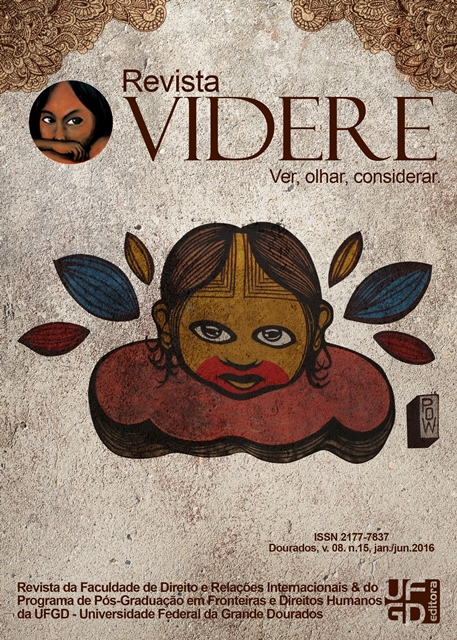Identidade e diversidade cultural como direitos fundamentais: relação de instrumentalidade e perspectivas no contexto internacional
Keywords:
Identidade cultural. Direitos fundamentais. Convenções internacionais.Abstract
A identidade cultural é ao mesmo tempo um atributo da personalidade e um direito difuso, inerente a um grupo social coletivamente considerado. A garantia do direito à identidade cultural possui caráter instrumental, pois sua afirmação pode atuar como catalisadora da efetivação dos demais direitos. O respeito ao modo de ser de um povo e suas peculiaridades sócio-políticas deve ser levado em conta quando do desenvolvimento de políticas voltadas para todas as demais áreas. O presente estudo traça um panorama da proteção à identidade e à diversidade cultural nos instrumentos de Direito Internacional. Debate os contornos teóricos do direito à identidade, sua relação com o conceito antropológico de cultura e com outros direitos fundamentais.Downloads
Downloads
Published
How to Cite
Issue
Section
License
Authors must accept the publication rules when submitting the journal, as well as agree to the following terms:
(a) The Editorial Board reserves the right to make changes to the Portuguese language in the originals to maintain the cultured standard of the language, while respecting the style of the authors.
(b) Authors retain the copyright and grant the journal the right to first publication, with the work simultaneously licensed under the Attribution-NonCommercial-ShareAlike 3.0 Brazil (CC BY-NC-SA 3.0 BR) that allows: Share - copy and redistribute the material in any medium or format and Adapt - remix, transform, and create from the material. CC BY-NC-SA 3.0 BR considers the following terms:
- Attribution - You must give the appropriate credit, provide a link to the license and indicate whether changes have been made. You must do so under any reasonable circumstances, but in no way that would suggest that the licensor supports you or your use.
- NonCommercial - You may not use the material for commercial purposes.
- Sharing - If you remix, transform, or create from material, you must distribute your contributions under the same license as the original.
- No additional restrictions - You may not apply legal terms or technological measures that legally restrict others from doing anything that the license permits.
(c) After publication, authors are allowed and encouraged to publish and distribute their work online - in institutional repositories, personal page, social network or other scientific dissemination sites, as long as the publication is not for commercial purposes.



















